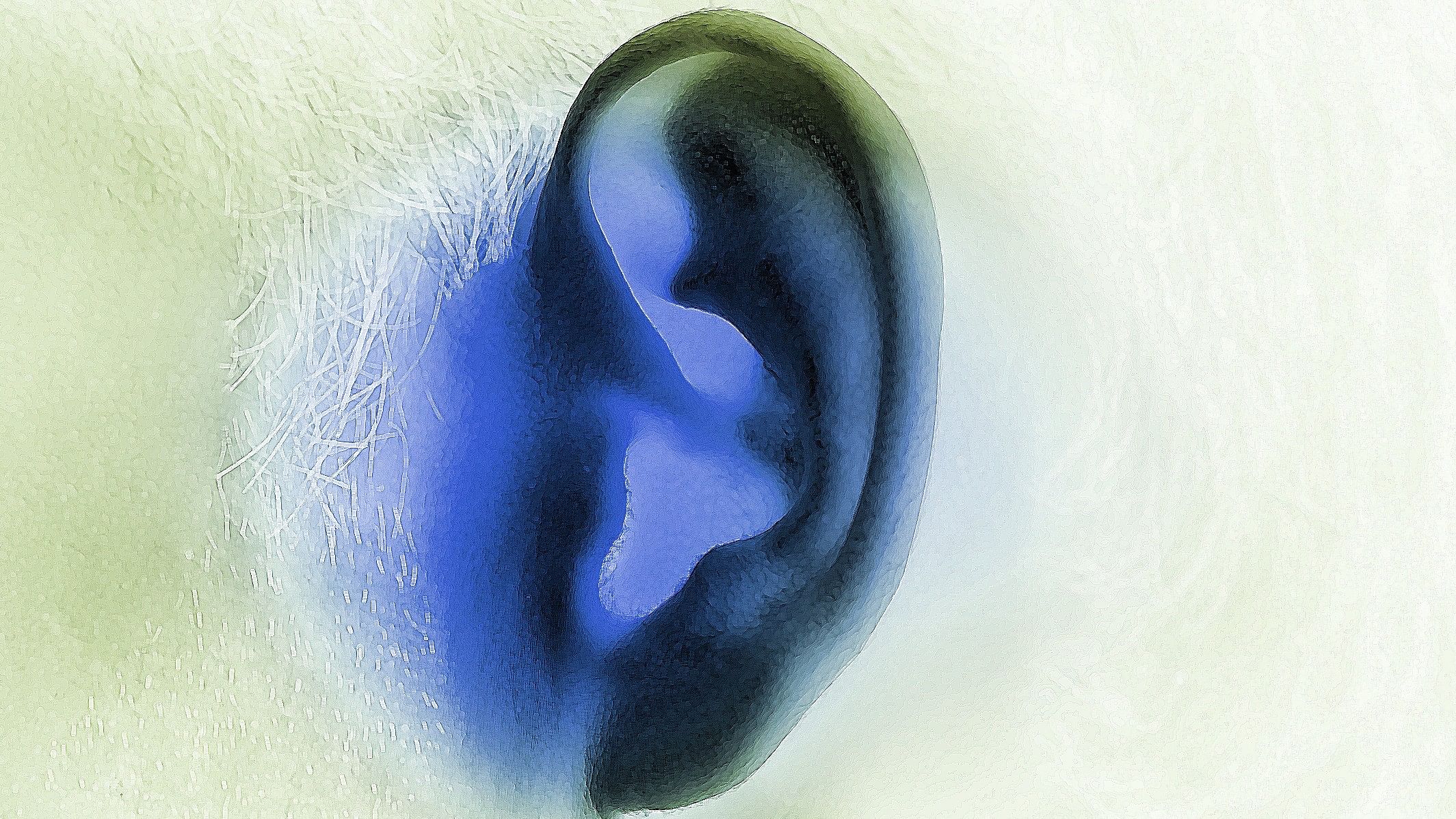
Representative image.
iStock Photo
Noise pollution occurs when sounds become too loud or persistent. Regrettably, noise pollution is more common among those who live in cities. An individual’s well-being, productivity, and quality of life can all be negatively impacted by distracting noise in their environment. The body may react to loud noises by entering fight or flight mode, which releases a lot of stress hormones. Health repercussions of noise are ingrained in our habits, affecting people differently. People are affected differently by various sounds. Some might get startled, frightened, irritated or find it difficult to focus. For eg, rock music may be relaxing for a few and annoying for others. Even while we’re sleeping, we frequently associate loud noises with danger, particularly when no sound is anticipated. However, even though your mind is ready whether you are aware of the construction next door or the concerts taking place nearby, the impact still happens based on how each person is feeling at that time. For instance, you may experience high levels of tension if you are already anxious or your headache may get worse. It causes bodily reactions, such as the release of certain hormones like cortisol and adrenaline.
Everyone is impacted by noise pollution, but those who have misophonia — a condition in which they react negatively to ordinary sounds — find it more difficult to cope. Due to their exaggerated responses to sound and the intensity of their emotions, they may believe they are losing control. They might exhibit more signs of despair, anxiety, and stress than other people.
The easiest of chores, which may seem straightforward to someone without mental health concerns, may prove difficult for someone with mental health problems when exposed to loud noises. But keep in mind that your feelings are genuine and valid even if they differ from everyone else’s. As noise pollution increases a person’s sensitivity to stress, those who live with it may feel agitated, frustrated, or angry. Restlessness, anger outbursts, irritation, mood swings, stress, anxiety, mental exhaustion, difficulty focusing, and disturbed sleep are just a few psychological effects of noise pollution.
Block out the noise
Avoid using high decibel volume while watching the TV or while using other devices.
Wear devices that protect your ears, such as muffs. Replace stressful ambient noises with calming sounds to create a healthier atmosphere.
Meditation gradually quiets the racing thoughts that can clog your mind and exacerbate stress.
Deep breathing exercises are particularly beneficial.
(The author is a psychologist.)